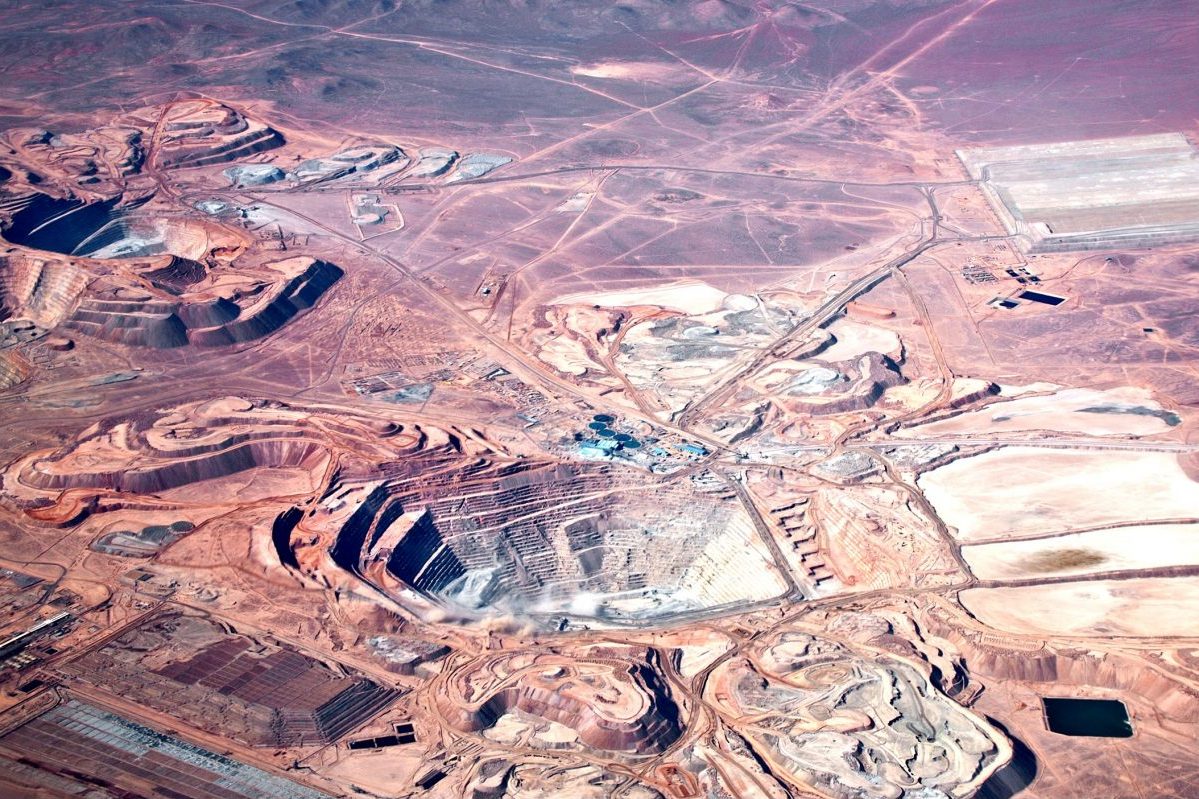Energy transition impossible without resources from nations like Zambia or Chile, according to Amos Hochstein.
To secure the supply of critical minerals for energy transition and other high-tech fields, the United States and its allies must invest in nations that host the resources, Amos Hochstein, Senior Advisor to President Joe Biden for Energy and Investment, said Monday. In a panel at Milken Institute in Los Angeles, Hochstein spoke about global supply chains of raw materials and emphasized that without the critical minerals from countries like Chile, Peru, or the Democratic Republic of the Congo, global energy transition efforts would be impossible to achieve. While he urged Western nations to increase incentives for domestic mining and processing projects, he stressed that they have few deposits, which are also often inaccessible. Hochstein added that projects such as the Inflation Reduction Act unlocked vast amounts of funding for domestic projects, and similar efforts are now needed in resource-rich nations.
Western Finance Must Work Together
The White House advisor conceded that certain risks are associated with investments in developing and emerging nations, so “Western finance” would be reluctant to participate. While he did not specify these risks, Hochstein advocated global organizations, such as the World Bank and the International Monetary Fund (IMF), and regional development banks, such as the U.S. International Development Finance Corporation and German KfW, to join forces and unlock necessary funds for projects in developing nations regardless in order to secure a secure and reliable supply of critical minerals. To compete with Chinese investment offers, Western finance must offer the countries improvements to their communities and quality of life in return, Hochstein added.
Already on the Agenda
The World Bank has already started an initiative to assist developing and emerging countries more closely in producing green energy and the raw materials required. The recently formed Resilient and Inclusive Supply-Chain Enhancement (RISE) project is intended to reduce dependence on imports from raw materials giant China and simultaneously counter the investments made by the People’s Republic in numerous developing and emerging countries. In addition, the German KfW (Credit Institute for Reconstruction), Hochstein mentioned as an example of a regional developing bank, will be allocated one billion euros to finance raw material projects.
Photo: iStock/zhuzhu


